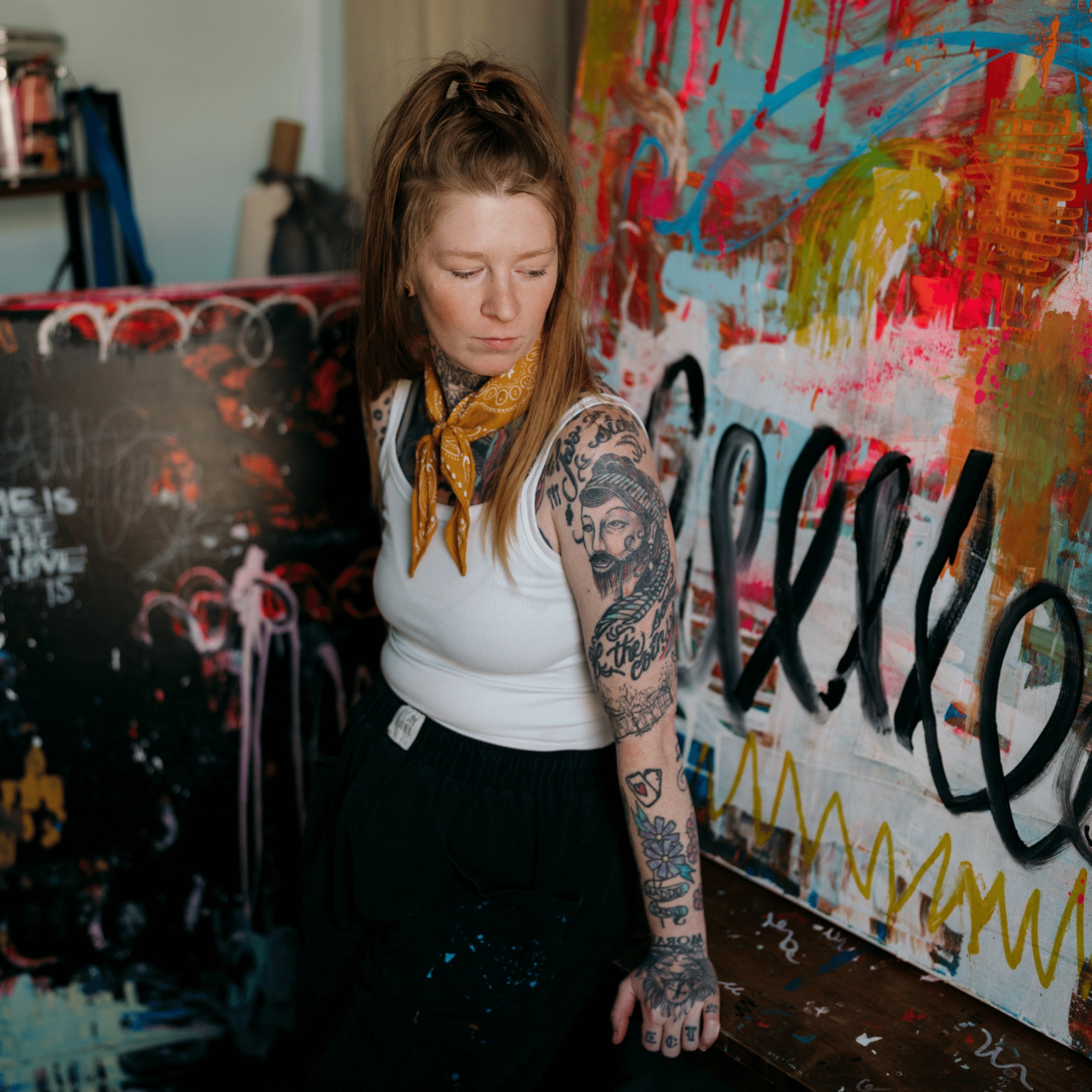Alright – so today we’ve got the honor of introducing you to Catrina Higgs. We think you’ll enjoy our conversation, we’ve shared it below.
Catrina, thanks for taking the time to share your stories with us today Can you talk to us about a project that’s meant a lot to you?
The most meaningful project I’ve worked on is Honest & Free Studio. I’m a mother and an artist living in rural Kentucky, and for years I felt that constant pull between wanting to raise my kids with creativity at the center and also needing a place where I could actually show up as an artist. Out here, there aren’t a lot of spaces that do either — let alone both.
So I built one. It started with almost nothing but stubbornness and paint on my hands. I turned this little studio into a place where chaos and art and family can live side by side. My kids are here, other kids are here, moms can breathe for a second, and artists have a platform. One day it might be a stamp art class for preschoolers, the next it’s a poetry night or live music that feels fresh to this town.
It’s meaningful to me because it proves that even in a rural place where resources are scarce, you can still carve out a space that’s honest and real. It’s not perfect — it’s loud, it’s messy, it’s a little wild — but that’s the point. My kids get to grow up watching their mom not just survive as an artist, but actually build something that makes room for others too.
Great, appreciate you sharing that with us. Before we ask you to share more of your insights, can you take a moment to introduce yourself and how you got to where you are today to our readers.
I’m Catrina Higgs — a contemporary figurative abstract expressionist, a mother of two, and the founder of Honest & Free Studio in Campbellsville, Kentucky. I’ve been making art for over 20 years, completely self-taught, always working from a place that’s raw, emotional, and evolving. Painting has been my cathartic freedom, distilled through an individualistic lens that keeps my work honest and unmistakably mine.
Being both an artist and a mother in rural Kentucky isn’t simple. There are few spaces for children to explore creativity or for mothers to feel supported. That gap is what pushed me to build Honest & Free Studio named after my children. It’s not just where I create my own work, my private art studio — it’s a space for community workshops, kids’ art exploration, live music, poetry nights, and birthday parties, operating .primarily on donations so money isn’t a factor in participation.
What sets me apart is that I don’t separate the roles: artist, mother, and community builder. My children are in the studio with me, learning what it means to live a creative life. I prioritize the hard parts out loud — because kids in public spaces are rarely accounted for in a society that doesn’t design with mothers in mind.
What I’m most proud of is building something from the seemingly without a template or mold already with just alot of authentic audacity. People walk into Honest & Free Studio and know its immediately a different kind of place, it presents as a unpretentious art gallery living room in the front and a kid.play.space in the back.
When someone comes to an event or takes home a print or painting, they’re part of a larger story — one that insists rural mothers, artists, and kids deserve a place to be seen, to create, and to belong.
What can society do to ensure an environment that’s helpful to artists and creatives?
The best thing society can do for artists and creatives is to treat the work as essential, not optional. Art isn’t a luxury — it’s what makes communities worth living in.
One of the biggest barriers I faced was the constant message that art is a “waste of time,” not a practical job. That mindset keeps so many people from even trying. Shifting that narrative — teaching kids, parents, and whole communities that creativity has value — is just as important as funding it, valueing art financially in a the community.
That also means accessibility. Creative spaces, workshops, and events should be affordable, approachable, and close to home. Art shouldn’t feel like an exclusive club; it should feel like an open door.
Intrinsic to the community. Art should always be included and inclusive.
A thriving creative ecosystem happens when artists don’t have to burn out to exist, and when people understand that buying a painting, showing up to a poetry night, or putting their child in an art class is more than entertainment — it’s an investment in the culture and future of their own community
Are there any resources you wish you knew about earlier in your creative journey?
I wish I’d known earlier about FUNDINGGGGG liks Grant OPPORTUNITIES, sponsorships and artist calls. For a long time I thought those were only for the fancy fine art master degree artists in big cities, but there are so many that support anh kind of artist. Or were, this administration had been dismantling art funding nationally and so the future definitely seems uncertain but art will persist despite & inspite of the obstacles.
Contact Info:
- Website: https://catrinahiggs.square.site
- Instagram: @catrinahiggs @honestandfreestudio
- Other: https://linktr.ee/artistCATRINAHIGGS
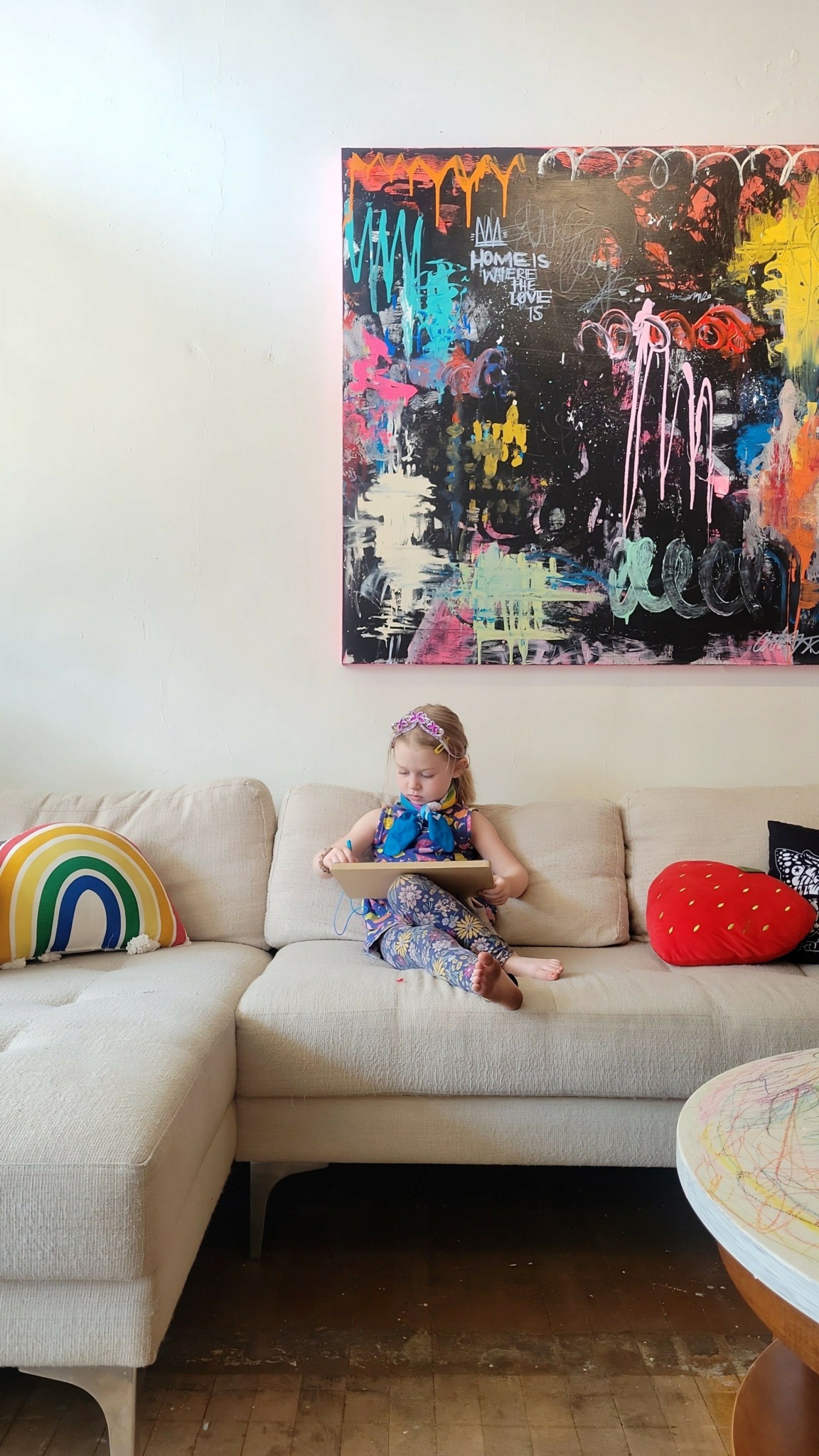
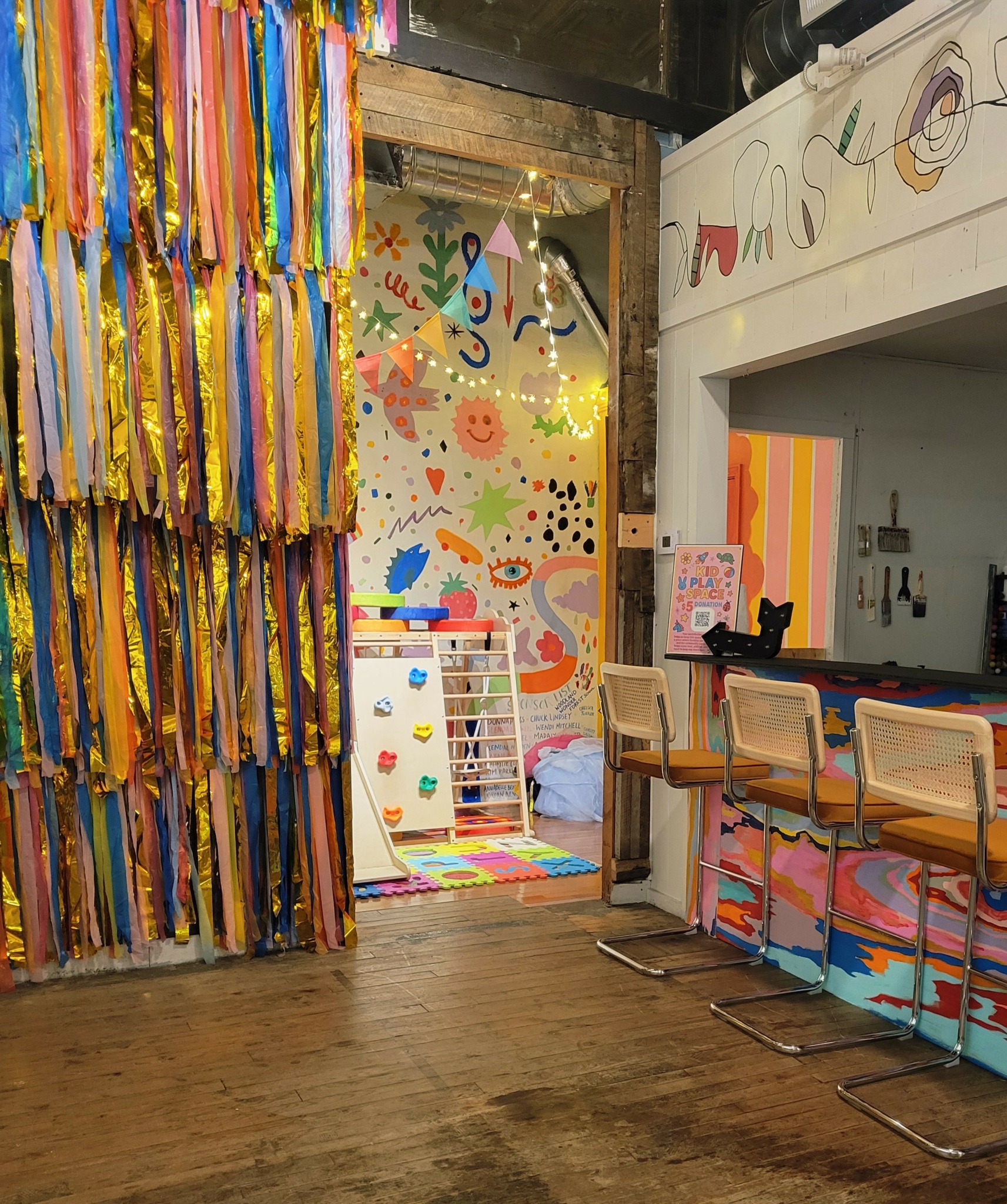
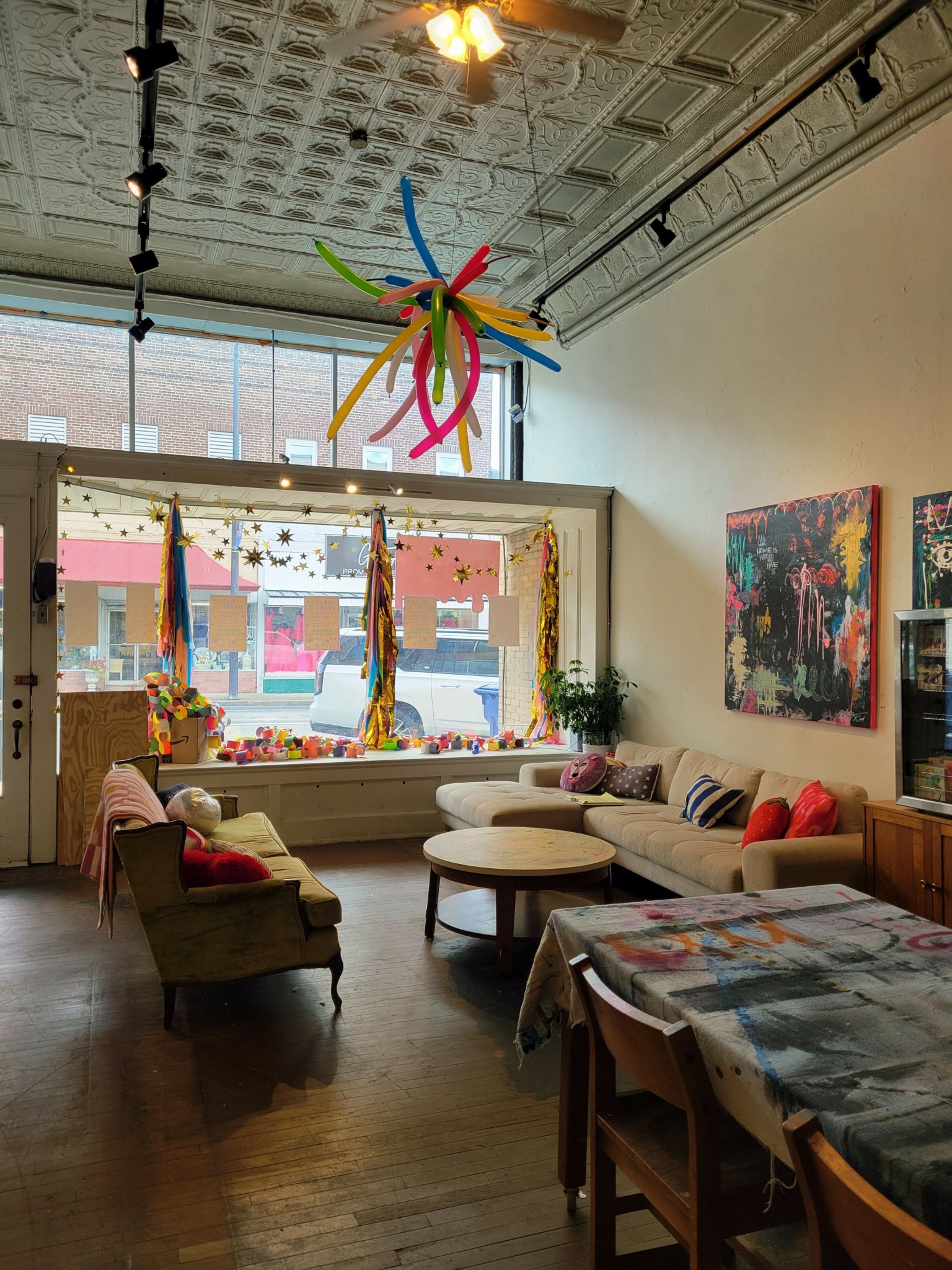
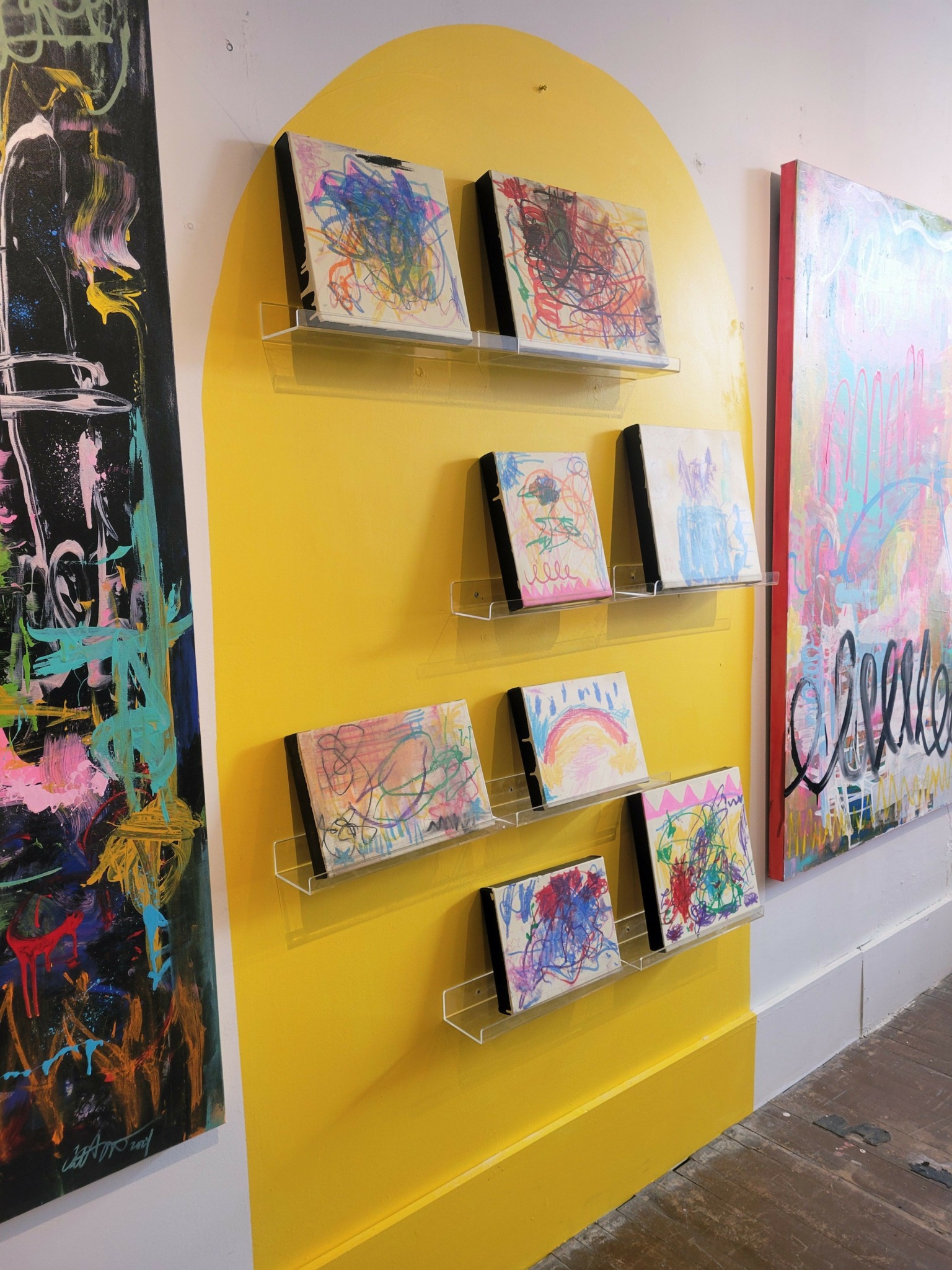
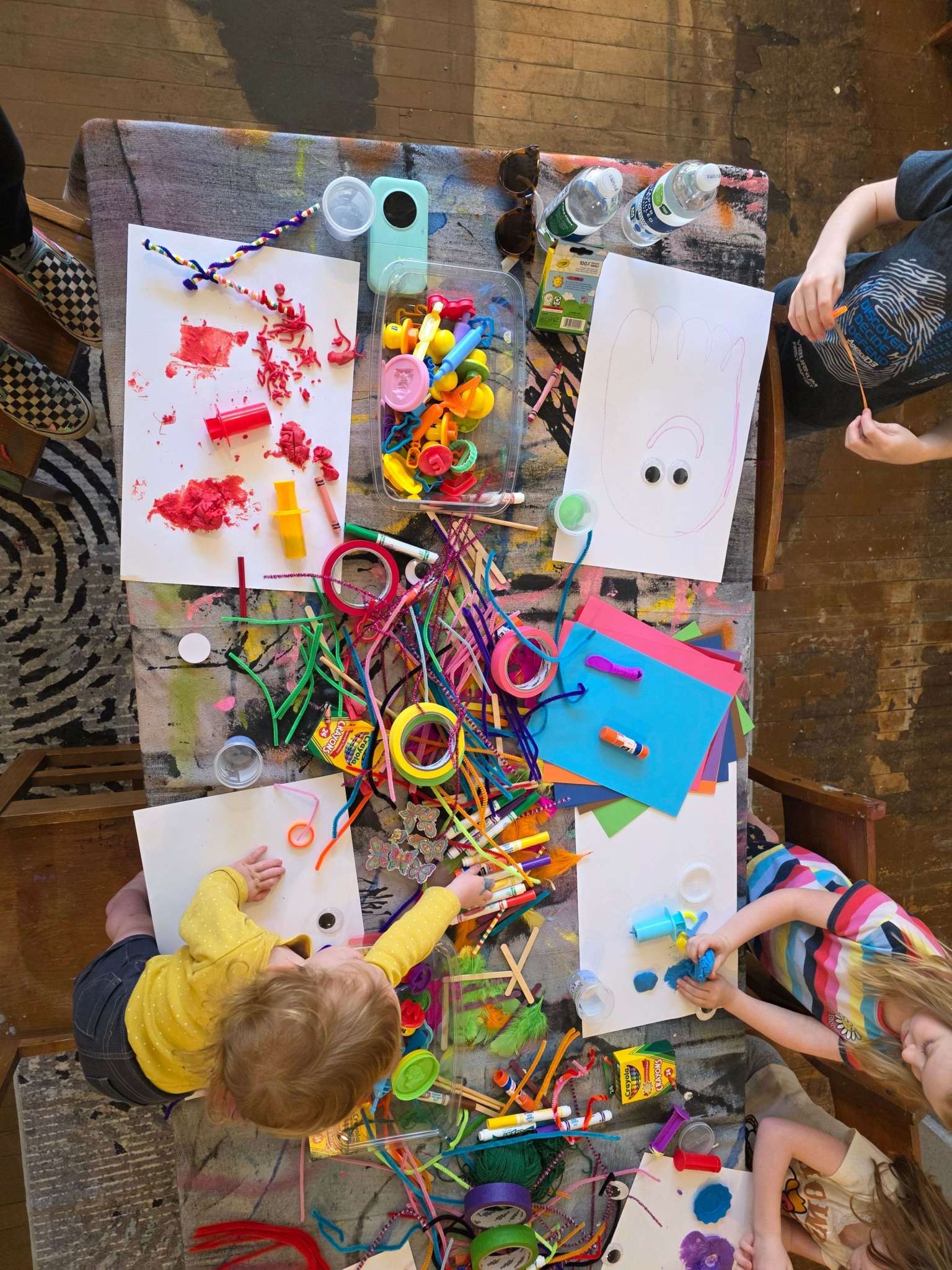
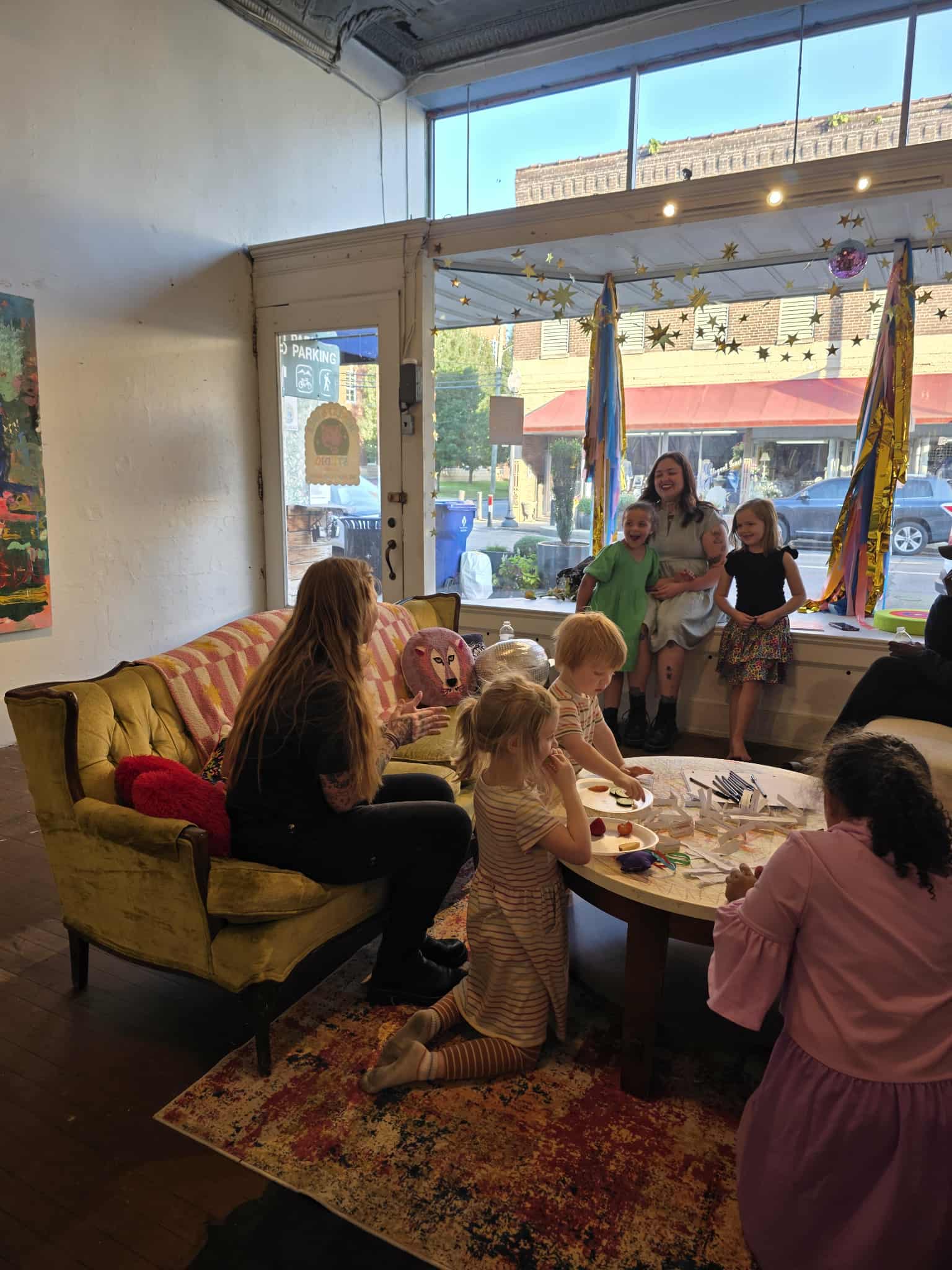
Image Credits
Main portrait photo credit: Jason L. Noel


